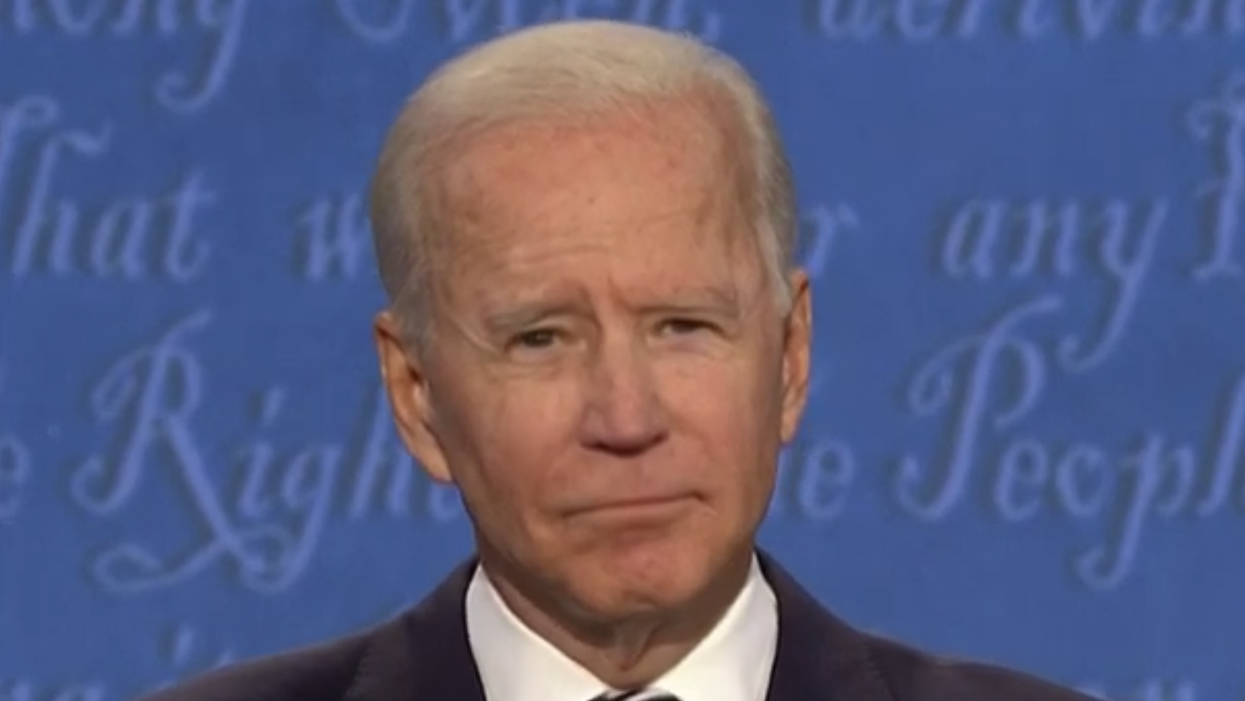Here’s the big mistake people keep making about 2020 election forecasts


With the 2020 presidential election already in progress and its conclusion mere weeks away, the polls are starting to look exceptionally good for former Vice President Joe Biden.
A new slate of polls from Quinnipiac University — which does, admittedly, tend to find more favorable numbers for the Democrat — reported Biden with a stunning lead in key swing states, most notably finding him up 11 points in Florida. Even if off by a significant margin — say, 6 points — it would point to a resounding victory for Biden. And recent national polls have shown a major shift toward the Democrat, with Biden up 9.4 points in the most recent RealClearPolitics average. FiveThirtyEight now shows Biden with an 84 percent chance of winning.
We shouldn't read too much into any particular poll or snapshot in time, but all the figures point to a strong showing by Biden on Nov. 3. But that raises a significant question for many, especially those with the bruises of 2016: could all the polls be wrong?
They could indeed. Systematic polling errors happen for a variety of factors. But that's why FiveThirtyEight's forecasting model is useful. It incorporates uncertainty about the polls into its assessment of the race.
That's why, as FiveThirtyEight founder Nate Silver pointed out on Wednesday, one of the biggest criticisms of his forecast is so mistaken. He pointed, in particular, to this quote from Chris Kofinis in a recent Vanity Fair interview:
I'm always skeptical of the polls because of how each pollster will model the electorate. Polling is as much an art as a science; unfortunately some artists are really bad, and others ignore the science. Look at the FiveThirtyEight website—they basically look at all the polling out there, and then they come up with a probability model of who is going to win based on that polling. But that model is based on one huge assumption: that the polling isn't wrong. But if the polling is wrong, then the subsequent model is wrong. I'm skeptical that the polls are right because the electorate is more divided and dysfunctional than ever before in history.
Silver responded on Twitter.
"This is one of the dumbest misconceptions about probabilistic models. The 538 model doesn't assume that polls are right. It does exactly the opposite: **it tells you the chance that the polls will be wrong**," he said. "Donald Trump is getting absolutely, completely crushed in the polls right now. They point toward the biggest landslide since 1984. Despite that, he has about a 17% chance of winning, which isn't bad. Why? The polls might be wrong!"
Indeed, while Silver has been criticized for supposedly getting 2016 wrong by predicting a Hillary Clinton victory, his model actually gave Trump a higher chance of winning — around 30 percent — than many other models. And events with a 30 percent chance of happening happen all the time, which is why you might take an umbrella when there's a 30 percent chance of rain. Silver's model correctly noted that if the polls of key swing states in the Midwest were wrong — as they turned out to be — they could likely all be wrong in the same direction. They were, and the polling error was just enough to give Trump a slim victory.
There's a related confusion that some critics of the models and the polls fall into. They assume that, because the state polls were wrong in a certain direction in 2016, they're likely to make the same mistake again. But pollsters are well aware of their mistakes in 2016, and they have worked hard to fix them. It's possible they'll make the same mistakes again, or similar mistakes that end up creating errors in the same direction. But it may be at least as likely that they'll overcorrect and end up underestimating Biden's chances. We can't assume one way or they other. And most individuals shouldn't assume they know more about what pollsters are doing wrong this cycle than the pollsters themselves, whose literal job it is to worry about these sorts of things.